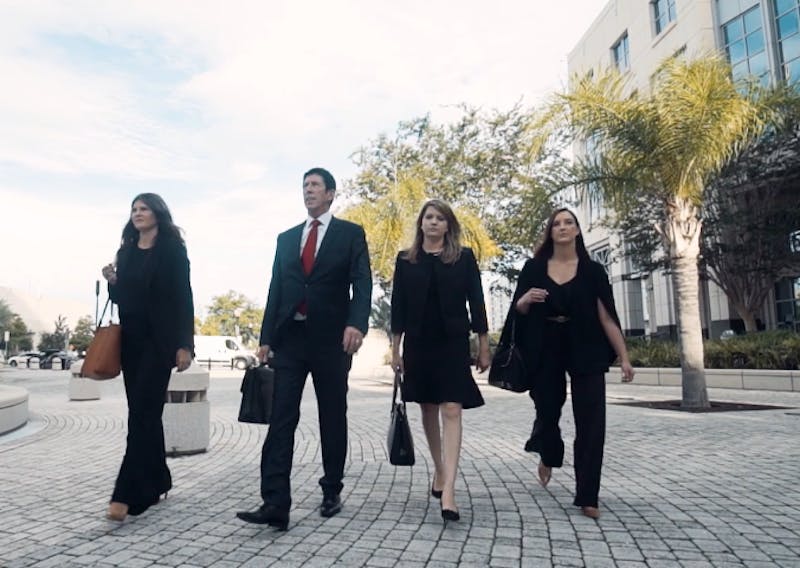
When people are arrested for a crime, such as a DUI, they often hurt their case before it has even really begun. Police officers ask them questions and without realizing it, people answer them and incriminate themselves or provide answers that law enforcement will later take out of context and use against them.
Individuals do this usually because they are nervous and think they have to cooperate with the police. They also mistakenly believe that if they answer an officer’s questions, the officer will be more lenient with them. This is not the case, so it is important that everyone understands before it is too late that they are not under any legal obligation to answer law enforcement’s questions.
The United States Constitution
The United States Constitution provides many rights to individuals, even when they have been arrested and charged with a crime. The Constitution states that individuals do not have to answer any questions law enforcement asks if it is going to incriminate them. So, for example, if a driver is pulled over for a suspected DUI and a police officer asks the driver if they had been drinking, a driver does not have to admit that they had a couple of beers.
The Constitution also provides many other rights, as well. Anyone taken into police custody has the right to speak to an attorney. They also have the right to have an attorney present when being questioned by police.
Miranda Warnings
Due to the many television shows and movies centered around crime, many people are aware of Miranda warnings and have even memorized them. These warnings come from the landmark case Miranda v. Arizona that was heard by the U.S. Supreme Court in 1966. When police officers are taking someone into custody, they must read them the Miranda warning, which includes the right to remain silent. If these rights are not read to a person under arrest and that individual makes statements that could hurt their case, those statements are considered inadmissible in court.
Many people believe that they have this right as soon as an officer starts talking to them. While everyone does have the right to remain silent and not answer an officer’s questions, it is important to understand that statements made before an arrest are considered voluntary by the court. That means that statements made before that time are admissible in court.
Speak to a Florida Criminal Defense Lawyer Before Speaking to the Police
If you have been charged with a crime, it is very important to your case that you do not speak to the police. Instead, call our Orlando criminal defense lawyers at O’Mara Law Group. We know how to uphold your rights, create a solid defense for any charge you are facing, and give you the best chance of success with your case. When you need legal help, call us at (407) 634-6604 or contact us online to schedule a meeting with one of our attorneys.

